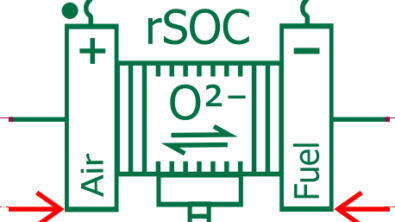Sustainable shipping for a better future

Today is World Maritime Day 2018. This year the International Maritime Organization (IMO) is celebrating 70 years since the convention establishing the organization was adopted. To mark this event, the theme for this year is “IMO 70: Our Heritage – Better shipping for a better future”.
As the IMO states:
“This provides the opportunity to take stock and look back, but also to look forward, addressing current and future challenges for maritime transport to maintain a continued and strengthened contribution towards sustainable growth for all.”
Over the last 70 years the IMO has promoted the adoption of over 50 conventions and 1000 codes and recommendations, all aimed at ensuring safe, secure and efficient shipping on clean oceans. This is important not only to the maritime community, but to the wider global population as well.
Sustainable shipping requires digitalization
Sustainable shipping is the theme of a recent blog series by Jan Van Os, marine vice president here at Siemens. He argues that to reach sustainable environmental targets, companies must become more proactive. They must focus at every stage on designing, building and maintaining more environmentally sustainable ships. The key to success is digitalization. This means moving away from the traditional design, then build and test approaches. Instead, companies should use digital simulation to analyze designs more rapidly and under real-life conditions. As Jan comments:
“By utilizing digital design solutions, ship performance can be predicted and optimized early in the design process, allowing better, safer and greener ship development, cheaper and faster.”
Digital design is key to success
Simcenter’s digital simulation tools enable you to create a digital twin of your design. From preliminary 1D systems simulation, through to 3D CAE and CFD calculations, simulations predict how vessels will perform in the real world. Investigating alternatives and optimizing designs can be performed digitally. This means a reduction in expensive towing tank testing and an increase in confidence in performance of innovative or complex designs.

Over the next few months, we’ll be taking a look at some examples of how digital design with Simcenter is helping ship designers and owners to reach their environmental targets and create better ships for a better future. Perhaps by the time we celebrate 100 years of the IMO the maritime industry will lead the way in sustainability? Digital design will be a key driver in the future.
You can read more about Jan’s vision for sustainable shipping in his three blog posts:
Digitalized PLM processes are key to sustainable shipping


